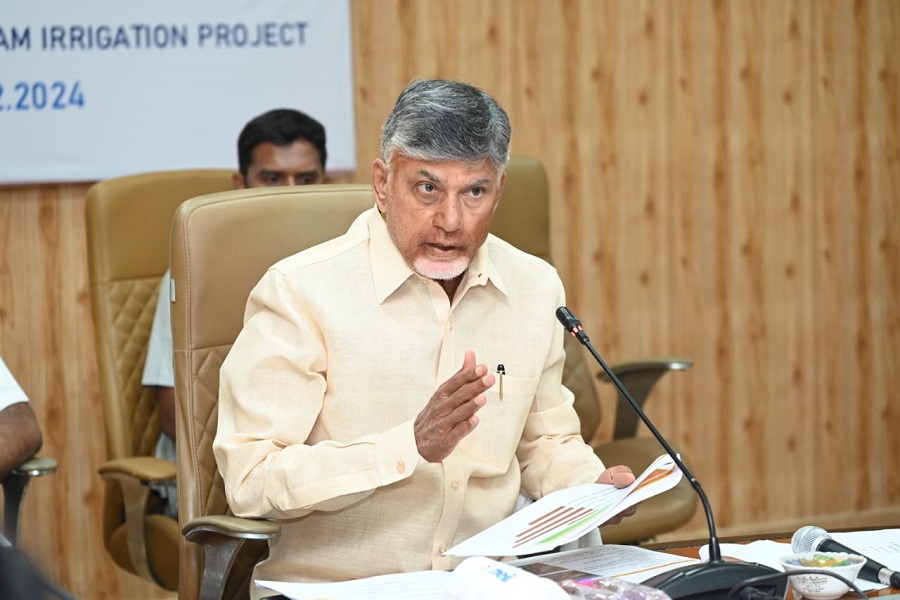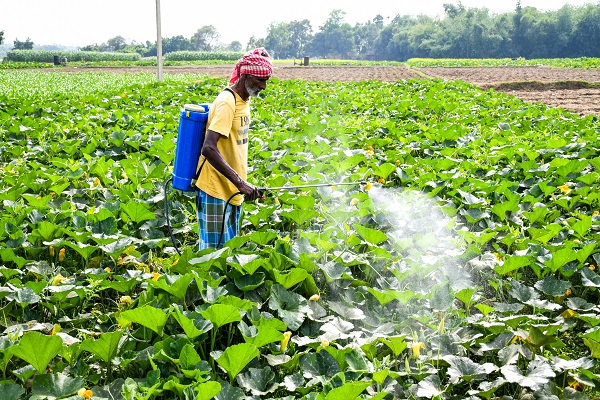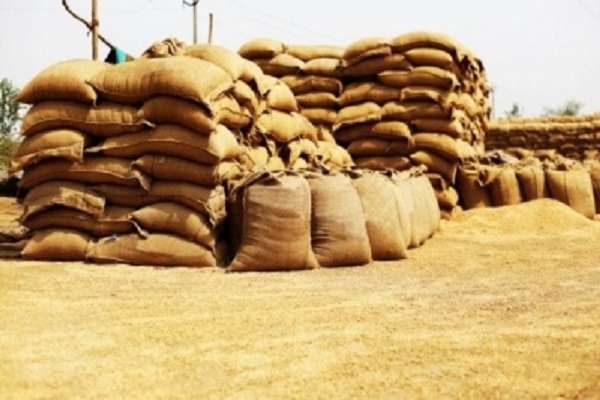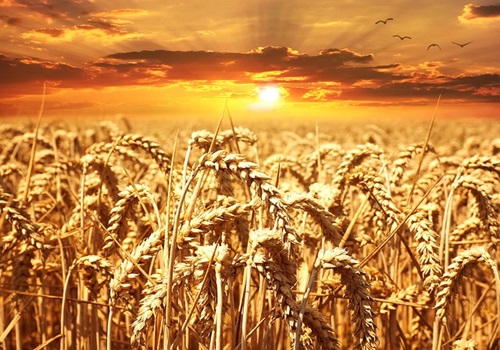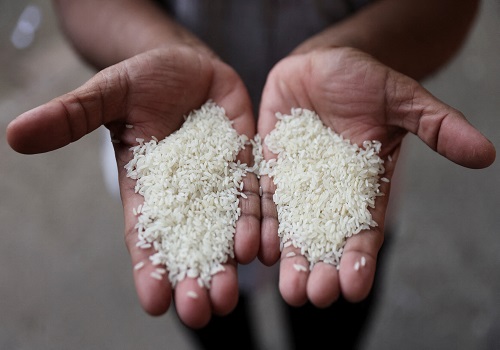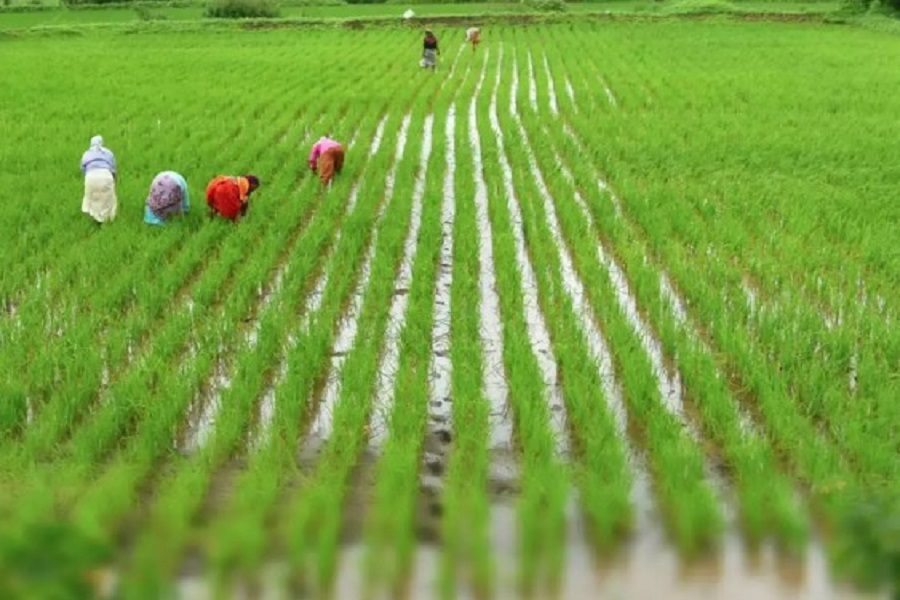Harvesting Success: India's Wheat Procurement Surges, Setting 3-Year High Expectations by Amit Gupta, Kedia Advisory
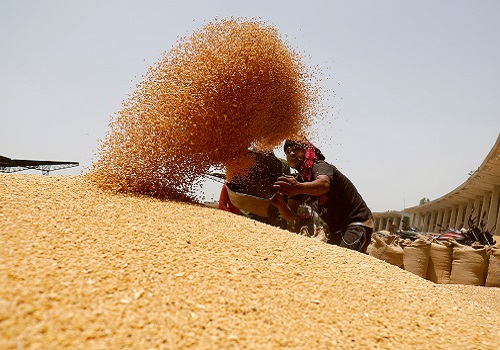
India's wheat procurement for 2024-25 is poised to hit a three-year peak, propelled by early procurement initiatives resulting in a significant increase in purchases despite marginal rise in arrivals. With over two-and-a-half times higher procurement compared to the previous year, coupled with promising weather forecasts and favorable market dynamics, the stage is set for a robust wheat procurement season ahead.
Highlights
High Wheat Procurement Anticipated: India's wheat procurement for the 2024-25 season is expected to reach a three-year high.
Early Procurement Initiatives: The government's early commencement of wheat procurement has resulted in purchasing 31% of arrivals by March 31, a significant increase from the previous year's less than 13%.
Increased Procurement Despite Marginal Rise in Arrivals: Despite only a 3% increase in wheat arrivals compared to the previous year, the procurement has surged, indicating effective communication with private traders.
Procurement Statistics: Food Ministry data reveals a significant rise in wheat procurement, reaching 2.56 lt by March 31, over two-and-half times higher than the previous year's procurement of about 98,500 tonnes.
Regional Procurement Breakdown: The procurement figures include 2.52 lt from Madhya Pradesh, 3,325 tonnes from Rajasthan, and 147 tonnes from Uttar Pradesh.
Private Sector Response: A CEO from a prominent private company in wheat trading and processing acknowledges that if private traders continue procurement in the same vein, government procurement might exceed last year's figures, potentially surpassing the set target.
Previous Year's Procurement Comparison: In the preceding season, the government procured 26.2 million tonnes (mt) out of the targeted 34.15 mt, a considerable increase from the previous year's 18.8 mt against a target of 44.4 mt.
Commencement of Procurement Season: While the procurement season typically begins on April 1, this year's purchases started as early as March 13 in Rajasthan.
Production and Procurement Estimates: The Agriculture Ministry estimates wheat production for the 2023-24 crop year at 112.02 mt, while the Food Ministry anticipates procurement of 37.29 mt for the marketing year starting April 1.
Reserve Stock Levels: As of March 1, the central wheat reserve stands at 9.69 mt, the lowest since 2017 when it was recorded at 9.43 mt.
Weather Forecast and Crop Impact: The India Meteorological Department's weather forecast for April-June indicates no heatwave warnings for wheat-producing states except Madhya Pradesh, where harvesting is mostly complete, mitigating potential risks.
Market Dynamics: Despite variations in procurement across states, farmers are generally receiving the minimum support price (MSP) or higher for their wheat, with market rates reflecting the demand surge after bonuses were announced in some states.
Call for Fair Trade Practices: Industry officials emphasize the need for fair practices, suggesting that farmers should receive better prices, especially in states like Uttar Pradesh, where government procurement has been limited despite market demand.
Conclusion
India's proactive approach to wheat procurement, evidenced by the early start and substantial increase in purchases, bodes well for achieving targets and ensuring food security. The collaboration between government agencies and private traders reflects a cohesive effort towards maximizing procurement efficiency. Additionally, the promising weather forecast and fair market practices provide a conducive environment for farmers to obtain better prices for their produce. As India moves towards securing its wheat reserves and supporting agricultural livelihoods, the outlook for the upcoming procurement season appears promising, contributing positively to the nation's agricultural landscape and economic growth.
Above views are of the author and not of the website kindly read disclaimer
















